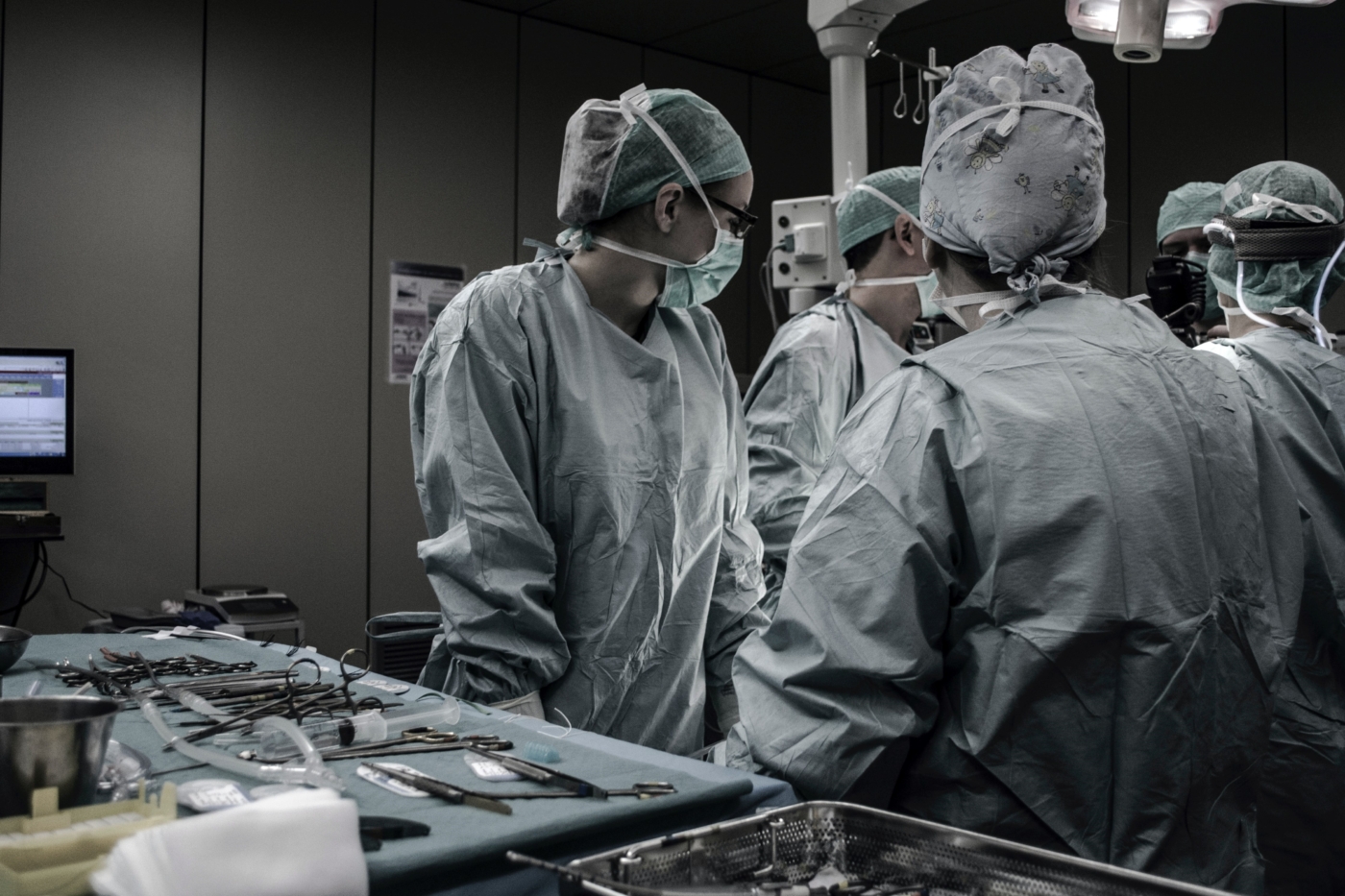Warwick study to trial robot hip surgeons
The National Institute for Health and Care Research (NIHR) is funding a world-first £1 million trial to test how well robot-assisted hip replacement surgeons perform compared to solely human surgeons. In robot-assisted replacement surgeries, the robot first prepares the bone, as guided by the surgeon, and then inserts the components according to a pre-programmed 3D plan. It is thought that this reduces common variations in replacement surgeries – and may reduce issues post-surgery that could result in the procedure needing to be re-done.
Robot-assisted replacement surgeries have been occurring more frequently over the past three years and are often presented as the new innovative best practice, but there’s currently not much evidence supporting this. The RACER-Hip (robot hip replacement) and RACER-knee (robot knee replacement) trials are intended to gather this evidence. These investigations will allow NIHR to determine if they should continue to invest in the fields.
Participants will be randomly and blindly assigned to each treatment group to find out whether human or robotic surgeries produce better outcomes
The RACER-Hip study will be run jointly by three key organizations: Warwick Medical School, University Hospitals Coventry and Warwickshire (UHCW) NHS Trust, and the Royal Orthopaedic Hospital in Birmingham (ROH).
Patients will be invited from at least six NHS hospitals across England and Scotland. Stryker, the manufacturer of the robots, will be supporting the research costs, helping to reduce additional financial burdens on the hospitals, which could act as a barrier to participating in the research.
In the study, equal numbers of participants will be randomly and blindly assigned to each treatment group to find out whether human or robotic surgeries produce better outcomes. The study will include questions about the participants’ ability to complete tasks, and questions about their long-term quality of life, extending up to 10 years after the first operation.
The lead surgeons will be Mr Peter Wall, from the ROH Birmingham and Warwick Clinical Trials unit (from the University of Warwick), and Professor Ed Davis, from the ROH Birmingham. Commenting on the trial, Mr Wall said: “Robotic technology has the potential to revolutionise hip replacement surgery, however the first step to this is understanding whether it can help enhance the care surgeons provide.”
Professor David added that the research would “help orthopaedic surgeons across the world to better understand the most effective tools for performing hip replacement surgery and ensure the very best outcomes for their patients”, and that the study would also include in-depth health-economic analysis, to guide the NHS’ decision on whether the technology should be widely adopted.
The full press release is linked here.
Please see this video by Northumbria NHS for more details on the project.

Comments